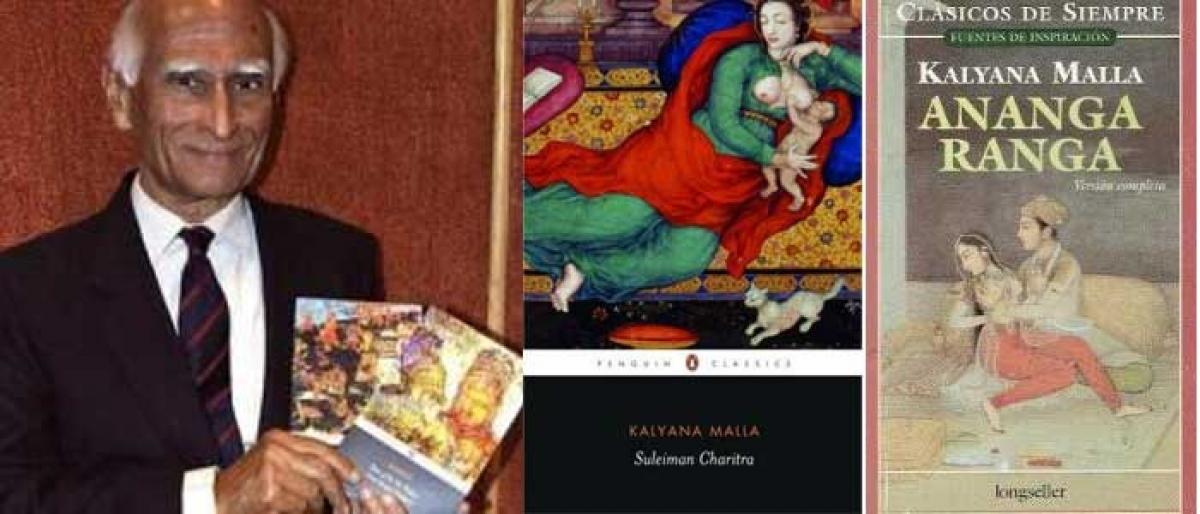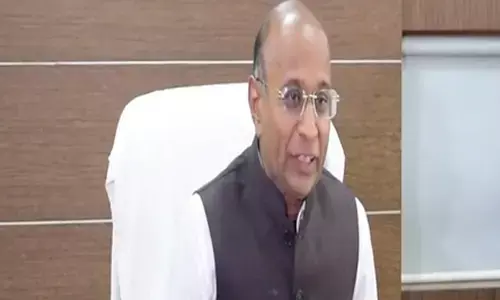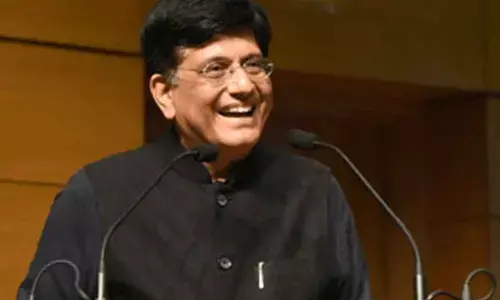A long-forgotten Sanskrit classic

It however remained obscure for over 500 years – with its original Sanskrit text only published in 1973 and the first English translation in 2015Byline: Vikas Datta Amidst the glittering pantheon of classical Sanskrit literature we know – or some of us claim to know to put forth their idea of a golden age India \"free of any foreign influence\" – there are several lesser-known works, which give lie
It however remained obscure for over 500 years – with its original Sanskrit text only published in 1973 and the first English translation in 2015Byline: Vikas Datta Amidst the glittering pantheon of classical Sanskrit literature we know – or some of us claim to know to put forth their idea of a golden age India "free of any foreign influence" – there are several lesser-known works, which give lie to this claim. This one, for example, by a 16th century writer otherwise famous for his sex manual, but adept at adapting outside traditions too.
Kalyana Malla (or Kalyanmalla), who served in the court of a powerful regional ruler in northern India, is better known for his ‘Ananga Ranga’, termed a sequel of the ‘Kama Sutra’ as it draws on and updates Vatsyayana's treatise for his own age – a catalogue of sexual positions intended to restore and promote harmony among the married. But he had another work – to which time was long unkind.
In ‘Suleiman Charitra’, Kalyana Malla, who described himself as "prince of poets and a barb in the hearts of inferior versifiers", retold an episode from traditions far beyond Indian shores.
It however remained obscure for over 500 years – with its original Sanskrit text only published in 1973 and the first English translation in 2015. Beyond this, it has just been mentioned once in a scholarly study, despite being an unusual work of immense significance. For, in it, a "Hindu poet renders in classical Sanskrit a biblical story for his Muslim patron, a Lodhi prince of the sixteenth century, in this unusual intermingling of cultural traditions", as diplomat-turned-classicist AND Haksar puts it.
However, its title is a bit misleading, for the story is not about the eponymous King of Israel, known for his wisdom, but his equally celebrated father, King David, and his amatory pursuits vis-a-vis the married Bathsheba, after he espies her from the roof of his palace. Apart from this, its final fourth presents a story which will strike a chord with all those familiar with the ‘The Arabian Nights’ – and uses the same story-in-story style, making this possibly the first Sanskrit work in India to draw on these sources.
Haksar – who has done more to restore and popularise India's ancient literary traditions than a whole phalanx of self-styled guardians – dwells, in the introduction, on this unusual work's importance and why it needs more exposure.
Firstly, it is an apt reminder that Sanskrit writing went on unabated in what is called "the medieval or Muslim period of Indian history"; then "a comparatively rare instance in that writing is the derivation of this work's source material" from not only the Arabic tradition, but Hebrew too.
Finally, it is "the presentation of this material obtained from an external source in a language, and with an ornamentation, particularly its shringara or erotic aspect", with all these three making it a "reflection of a now little noticed but continual and significant cross-cultural interaction that deserves greater recollection in present times".
And Kalyana Malla, who termed himself of royal lineage from the Karpura warrior clan of the lunar line and composed his works for Lodhi prince Lad Khan, whom he described as "Lord of Ayodhya", showed his skills in transmuting his story into the Indian milieu.
Commanded to write about the birth and life of Solomon, "a great sage of the barbarian race at the end of the Dvapara and the beginning of the Kali era", he mentions him and his father David, "who was glorious as Purandara, the ruler of heaven" by their Quranic names (Suleiman and Dawood), but renders Bathsheba as Saptasuta, her warrior husband Uriah the Hittite as Urjasavala and David's army chief Joab as Jayavaha.Then sage Nathan becomes a Hindu sage, who orders David to sacrifice his first-born to expiate his sin.
As the king obeys, his rationalisation is pure Hindu philosophy – "the soul is eternal. Neither is it born, nor does it dies", "It assumes a body because of the power of past deeds...", "Like a person discarding an old garment, and putting on a new one, it comes into innumerable wombs and leaves them again and again", the soul itself doesn't know its origin for "it is in the thrall of ignorance" and so on.
And like many of his ilk, and possibly due to his ‘Ananga Ranga’ antecedents, Kalayana Malla is no prude in describing sexual longing, charms and the act itself.
It seems inexplicable that this work remained obscure for so long for, apart from all other things, it is inspired storytelling – on all counts. But then, worthwhile things do emerge in their own time and Haksar proved to be the perfect instrument.











